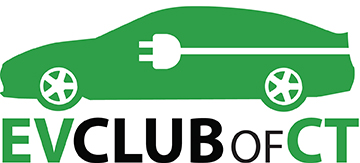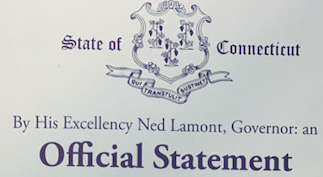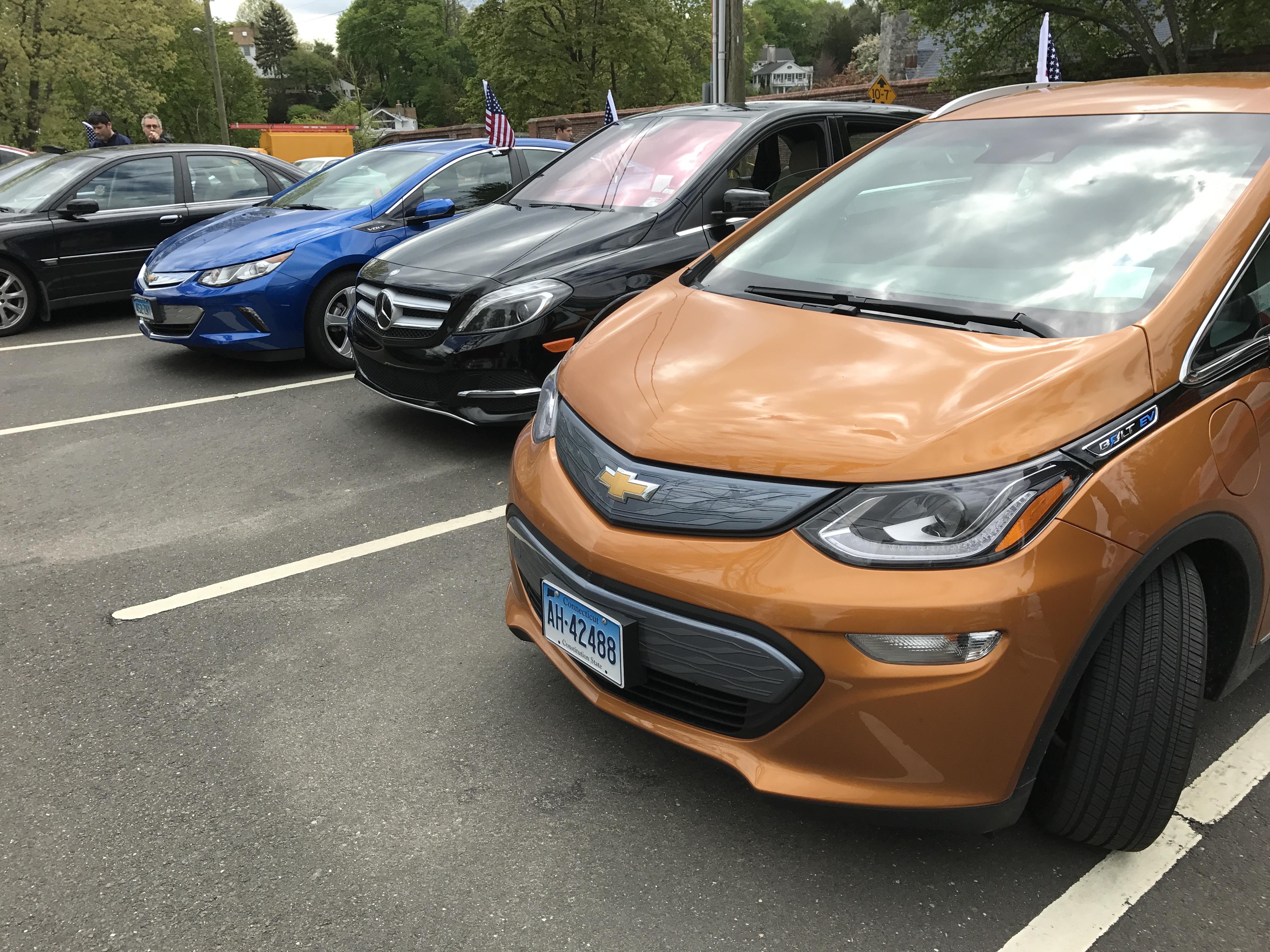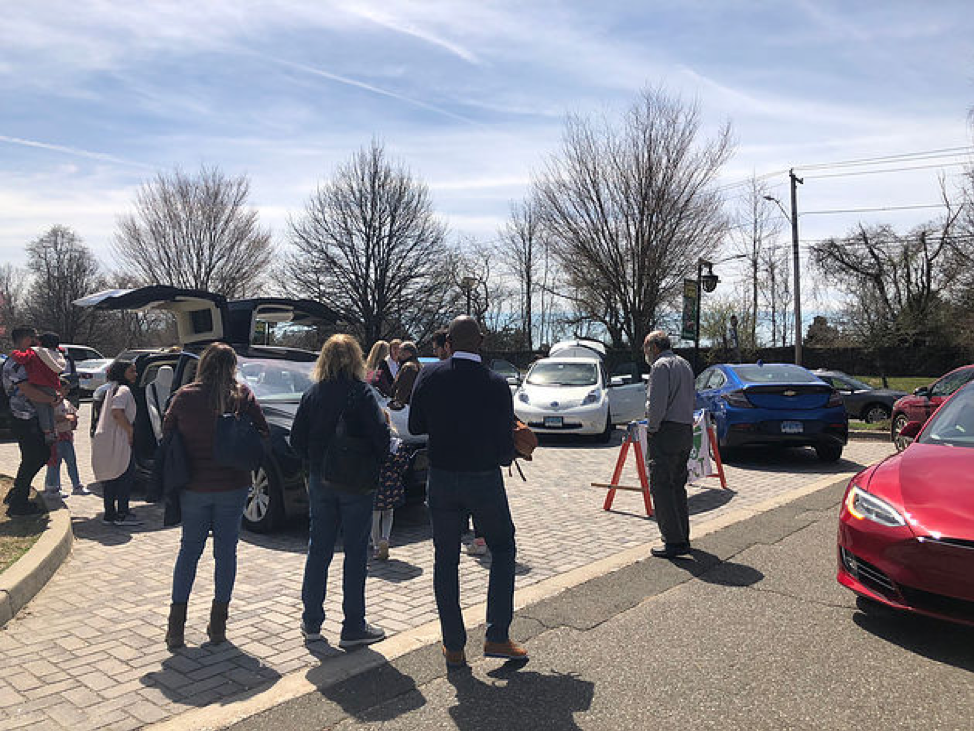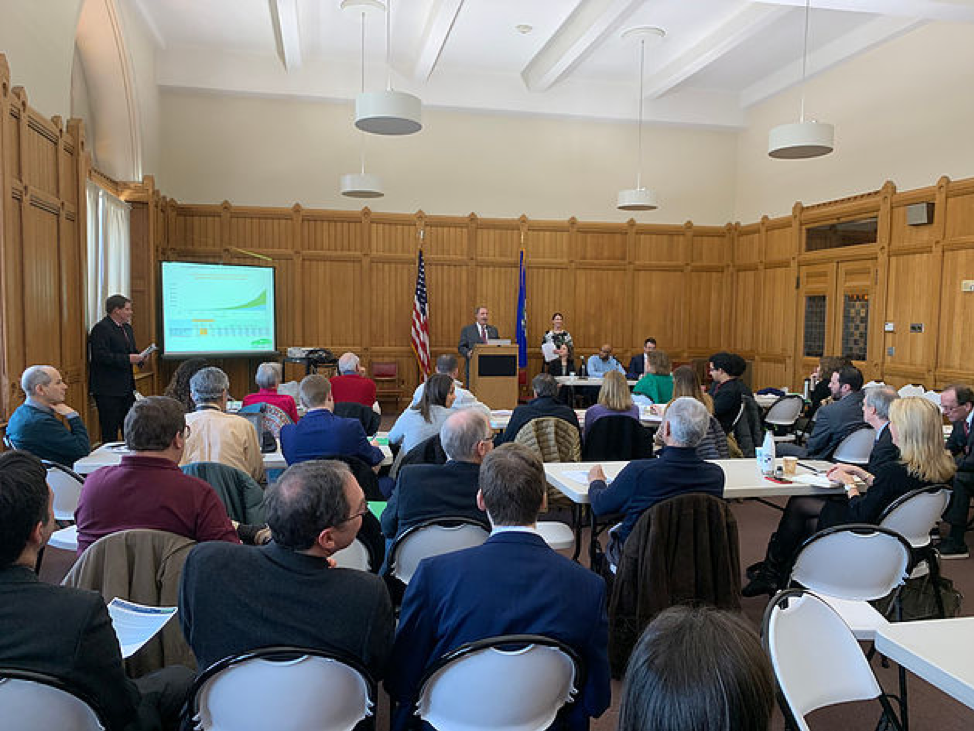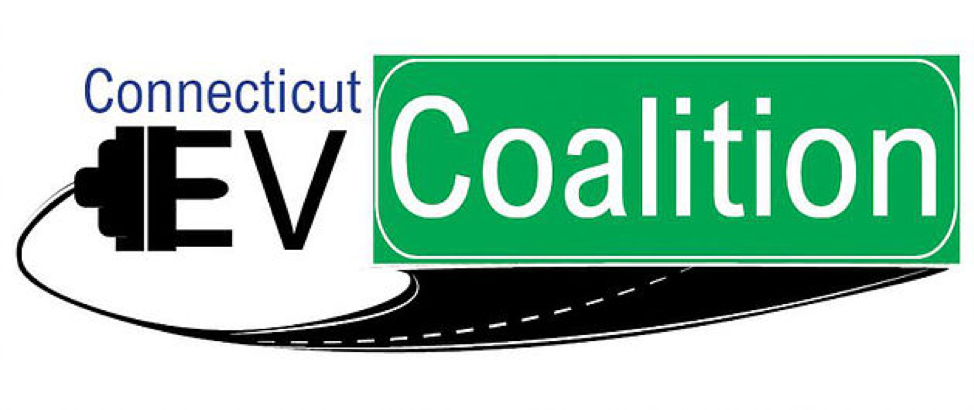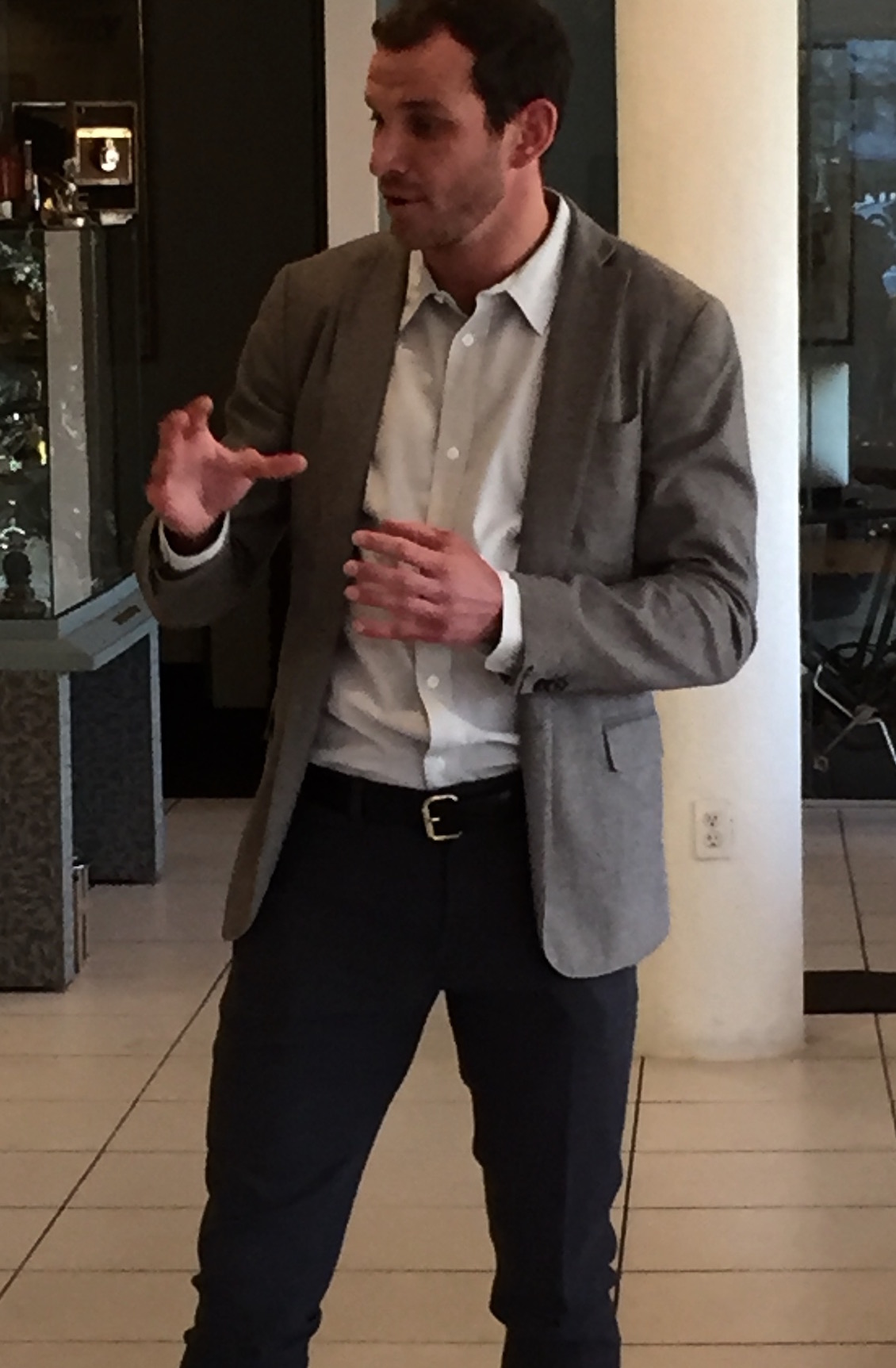CT EV Coalition Responds to DEEP EV Roadmap
This is the text of a letter that was sent to DEEP in response to the issuance of their EV Roadmap, which was published last month. November 12, 2019 Commissioner Katie Dykes Deputy Commissioner Vickie … Read more
